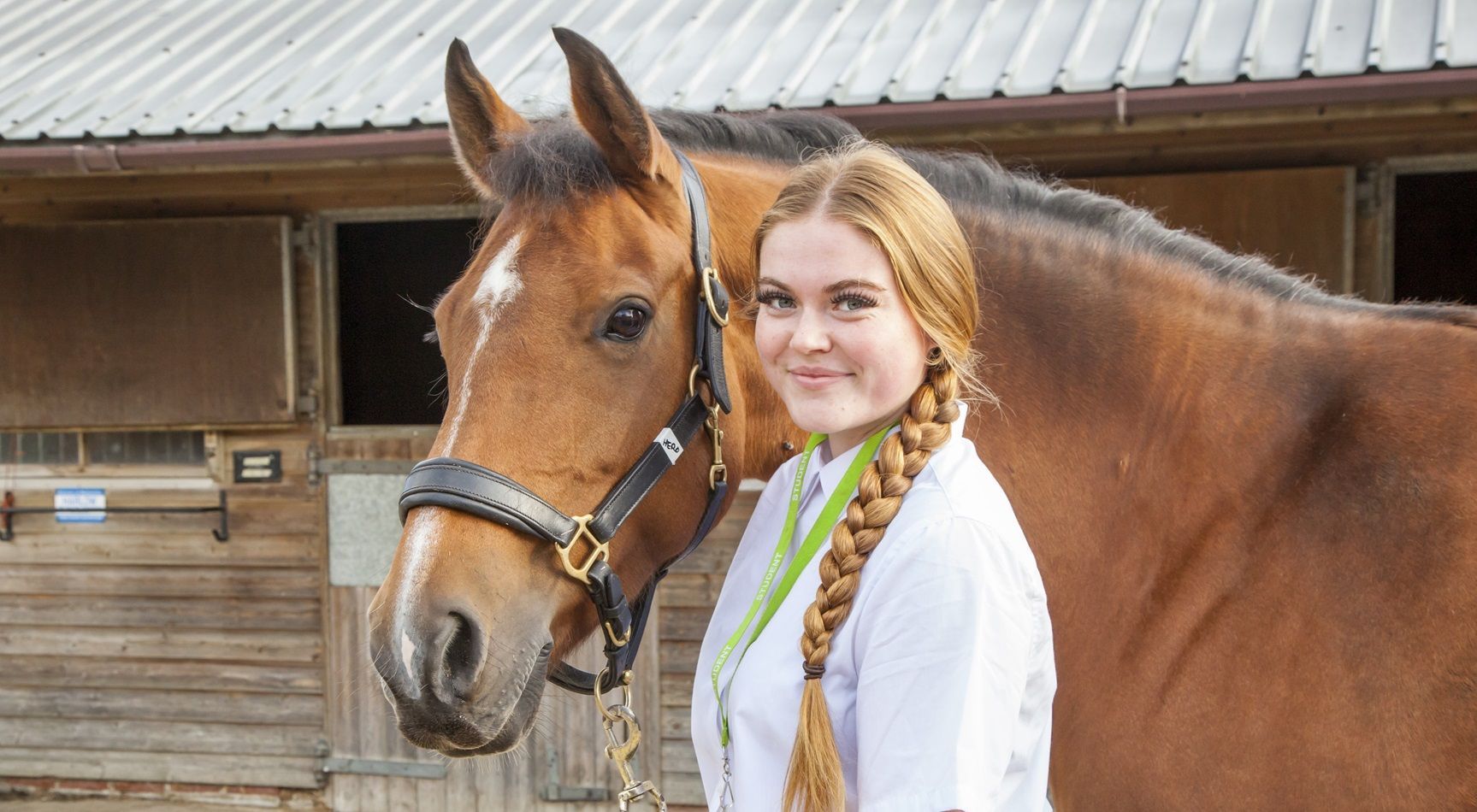Today (Friday 13 December) is National Horse Day, a day dedicated to remembering the economic, historic, and cultural contributions that horses have made and continue to make both in the UK and worldwide.
Economically the value to the UK economy of the equestrian industry is easy to underestimate. A report by Defra and the British Horse Industry Confederation (BHIC), as far back as 2004, put the value of the industry at £3.4billion, with up to 250,000 employed directly and indirectly in the sector.
And horses have etched their names into history, whether that be in TV and film, sport or the military.
Some of the most famous include:
Bucephalus. Circa 355 BC to 326 BC
Previously considered untameable, Bucephalus was purchased by a then 13-year-old Alexander the Great, who gradually earned his trust to the point that he became known as one of the greatest warhorses ever. When Bucephalus died, Alexander founded a city and named it after him – Bucephala.
Trigger. 1934 to 1965.
Originally named Golden Cloud, Trigger was made famous in American Western films alongside his owner and rider, Cowboy star Roy Rogers. The pair were brought together when Rogers auditioned horses for the film Under Western Stars. Rogers was so impressed by Trigger that he bought him for $2,500. Trigger knew over 100 tricks and went on to star in 88 movies and 100 TV episodes. After his death, Trigger was stuffed and mounted and was on display, rearing on his hind legs, until the museum where he was displayed closed.
Red Rum. 1965 to 1995
Red Rum wrote himself into horse racing history by winning the Grand National in 1973, 1974 and 1977 and coming second in the two intervening years in 1975 and 1976. Despite fierce competition from horses such as Arkle and Frankel, Red Rum remains the most famous British horse in history. When it was announced he was retiring in 1978 the news was the lead story on BBC1’s 9 O’Clock News and when he died in 1995 his death was again the lead item in most media reports.
Prometea. 2003 –
On 28 May 2003 Prometea became the first cloned horse and the first to be born from, and carried by, its cloning mother. The name Prometea is the feminine form of Prometeo (Prometheus in Greek).

If you are interested in working with horses then we offer a range of Equine Management courses here at Hadlow College, alongside extensive facilities including two indoor arenas, a large outdoor arena and stabling for 64 horses.
Students have the opportunity to ride and compete quality horses, gain knowledge and develop practical skills in horse husbandry, horse handling, grooming, application of tack and equipment, feeding and routine yard management, and much more.
To find out more visit the Equine Management page of the Hadlow College website.

